Recyclable and Non Recyclable is part of recycling and Recycling is a vital component of sustainable living, aimed at reducing waste and conserving resources. It involves the process of collecting, processing, and transforming materials into new products. Not all materials, however, are easily recyclable, and distinguishing between recyclable and non-recyclable items is essential for effective waste management.
Recyclable materials encompass a broad spectrum, including paper, glass, certain plastics, metals, and cardboard. Paper recycling involves breaking down used paper into pulp, which is then used to manufacture new paper products. This process helps conserve forests and reduce energy consumption compared to producing paper from raw materials.
Glass Scrap (Recyclable):
If we will talk about Recyclable and Non Recyclable materials, then Glass is another widely recyclable material. It can be melted and remolded without losing quality, making it a sustainable choice. Metals, such as aluminum and steel, are highly recyclable and can be melted down and reshaped multiple times, saving energy and reducing the need for mining.
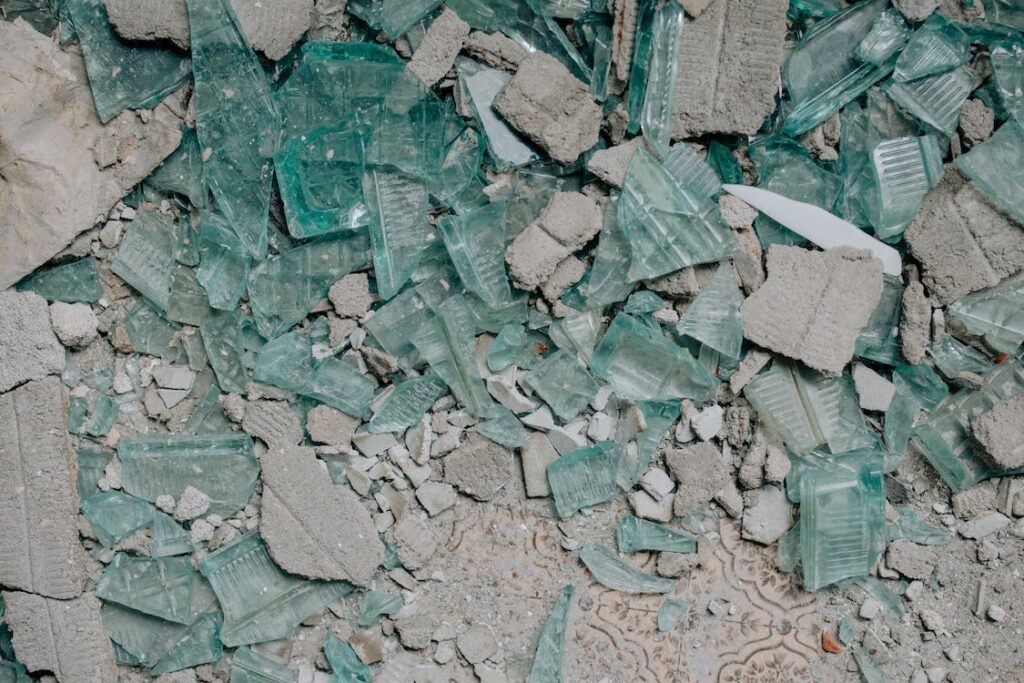
Plastic Scrap (Recyclable):
Certain plastics are recyclable, but the process can be challenging. PET (Polyethylene Terephthalate) and HDPE (High-Density Polyethylene) are more easily recyclable, while others, like PVC (Polyvinyl Chloride) and PS (Polystyrene), pose recycling difficulties due to their chemical composition. Plastic recycling involves sorting, cleaning, melting, and reshaping the material into new products.

Cardboard Scrap (Recyclable):
Cardboard, commonly used in packaging, is recyclable and can be turned into new cardboard products. Recycling cardboard helps reduce the demand for fresh pulp and minimizes the environmental impact of production.

On the other hand, non-recyclable materials pose challenges in waste management. Items like certain types of plastic packaging, contaminated materials, and mixed materials are often difficult or impossible to recycle efficiently. Single-use plastics, especially those lacking clear recycling codes, contribute significantly to non-recyclable waste.
Styrofoam Waste ( Non Recyclable)
Materials like Styrofoam, often used in packaging and food containers, present recycling challenges due to their composition. Styrofoam is non-biodegradable and can persist in the environment for extended periods, contributing to pollution.
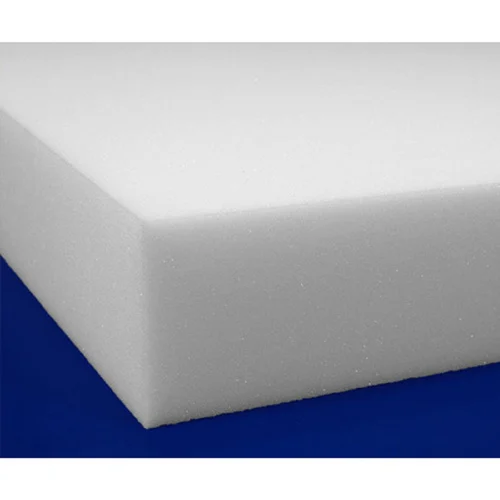
E Waste (Recyclable)
Electronics, such as old computers and smartphones, contain valuable materials like metals and semiconductors, but their complex composition makes recycling intricate. E-waste management is crucial to prevent environmental contamination from hazardous components like lead and mercury.
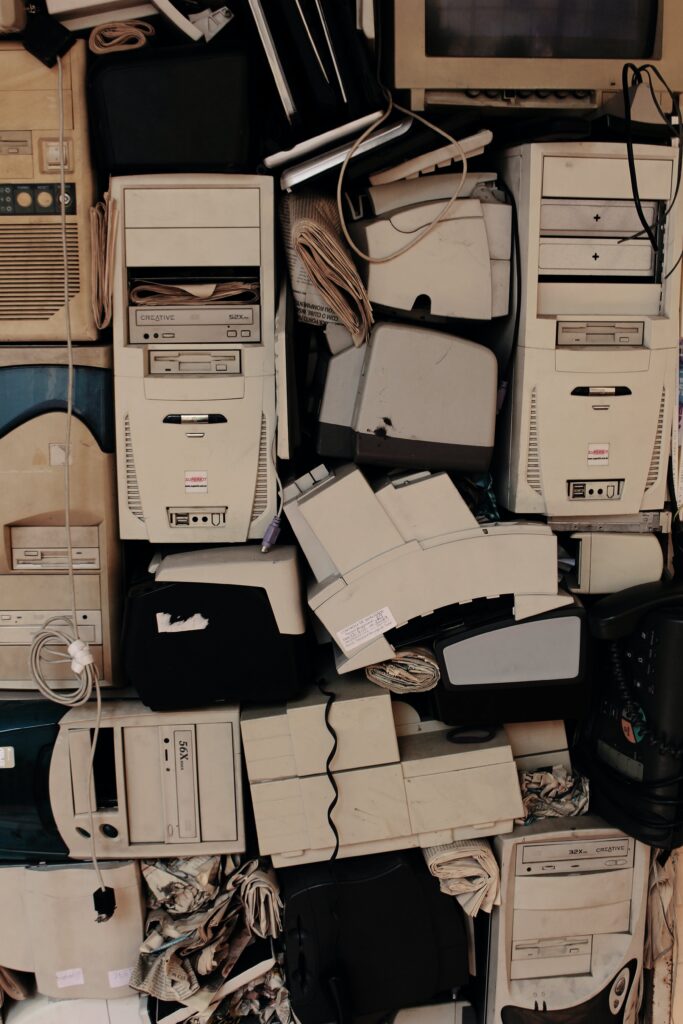
Certain household items, like diapers, pose challenges in recycling due to their mixed materials. The combination of plastic and absorbent materials makes them unsuitable for conventional recycling processes.

Biodegradable materials, while environmentally friendly, may not be suitable for traditional recycling facilities. Composting is a more appropriate disposal method for such items, allowing them to break down naturally.
In conclusion, understanding the distinction between recyclable and non-recyclable materials is vital for effective waste management and environmental conservation. Recycling plays a pivotal role in reducing the strain on natural resources, curbing pollution, and promoting a more sustainable future. It is essential for individuals, communities, and industries to prioritize recycling practices and explore innovative solutions to address the challenges posed by non-recyclable materials.
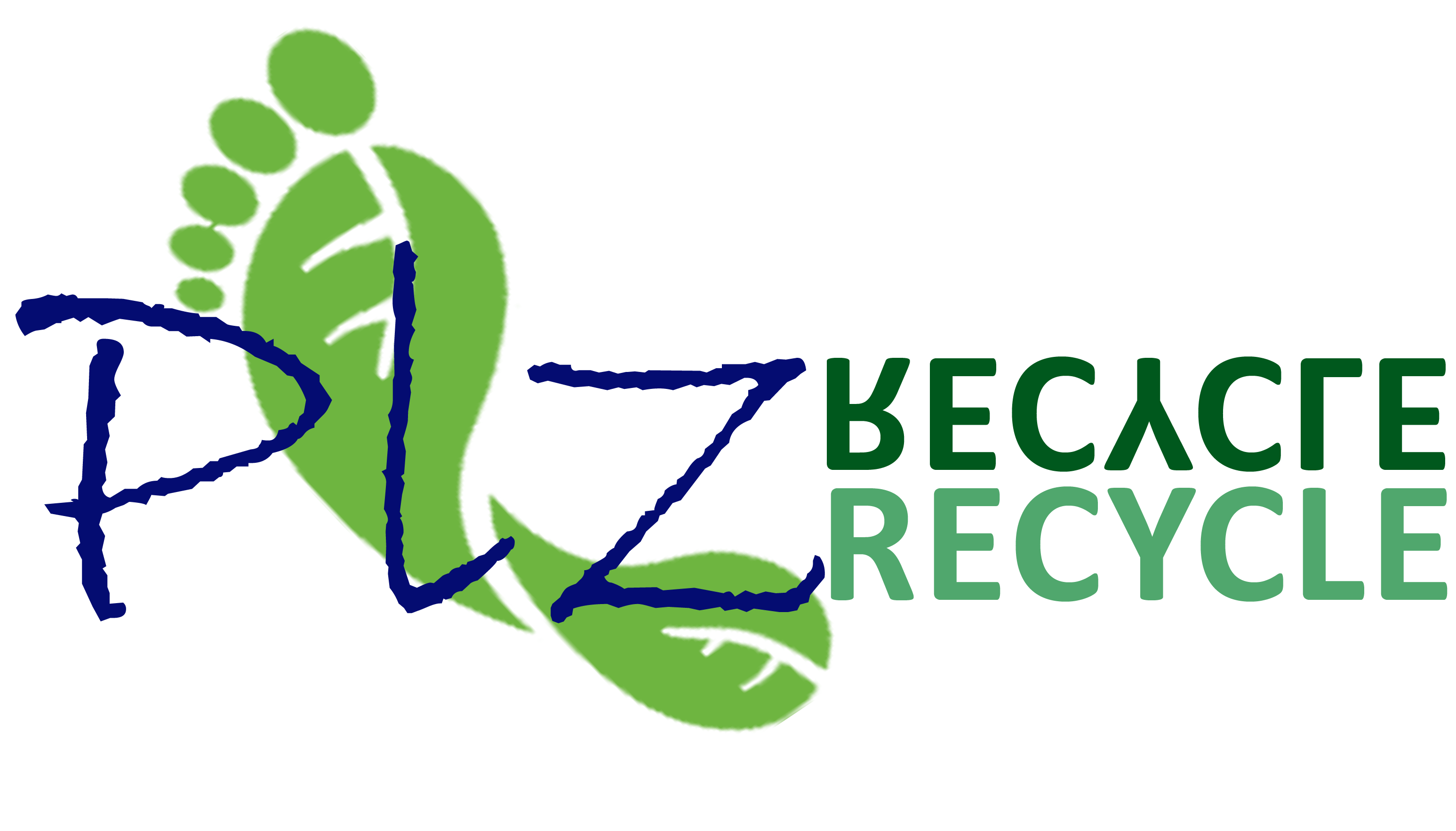



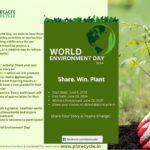


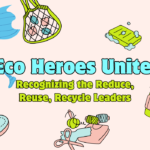
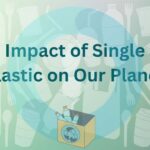
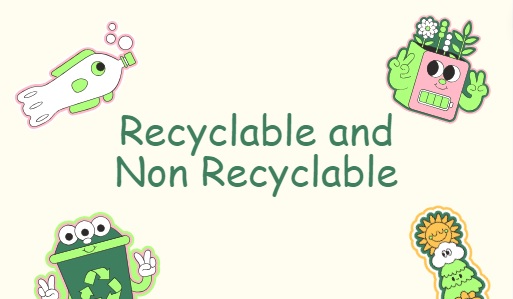

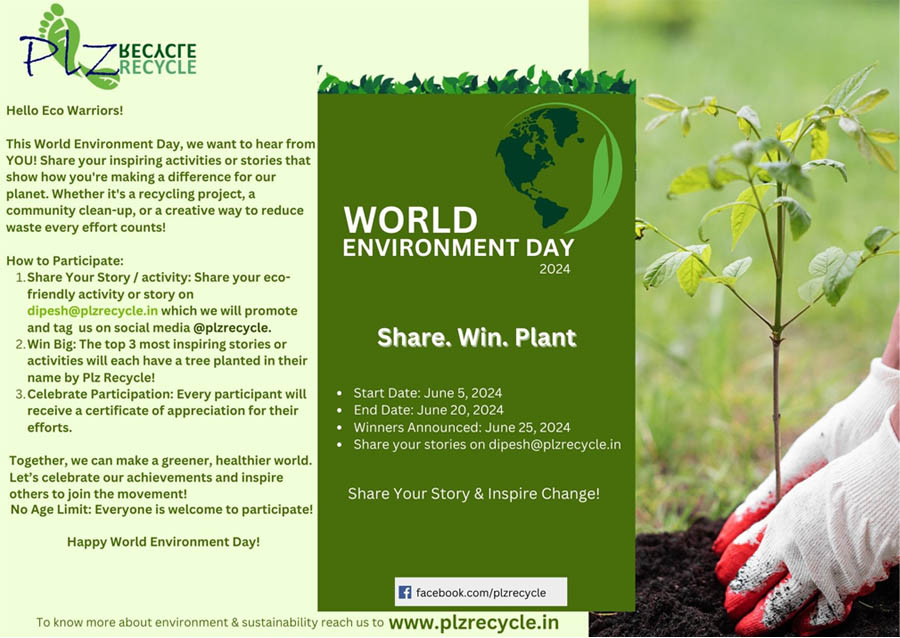
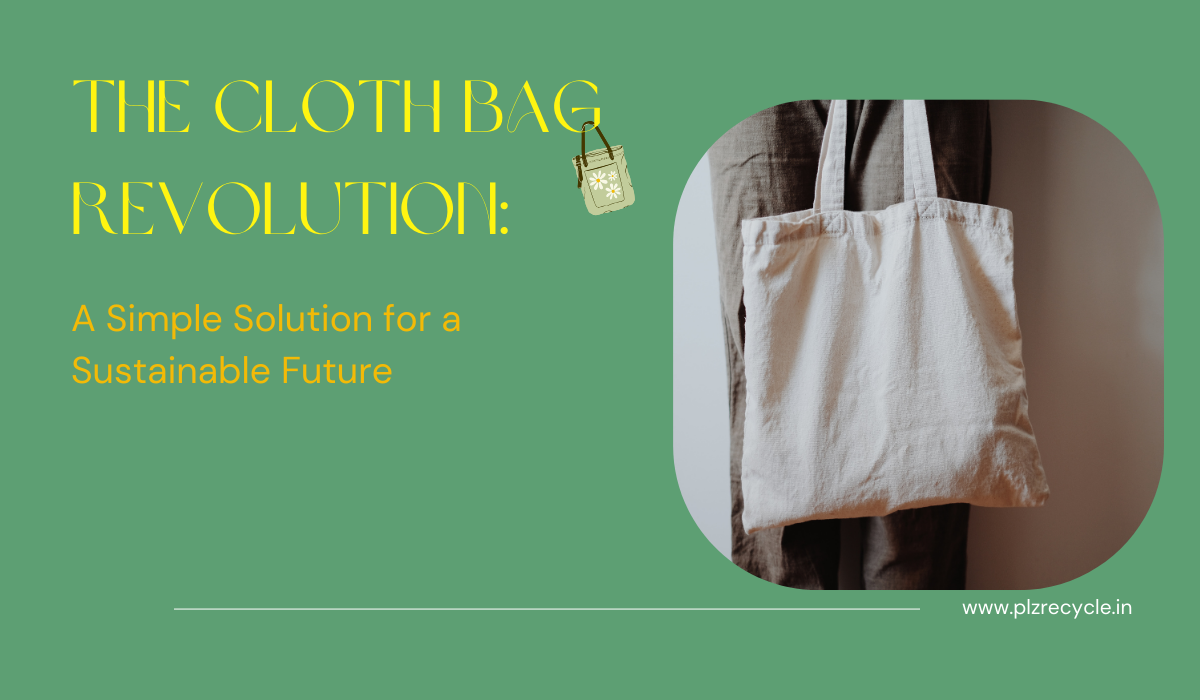
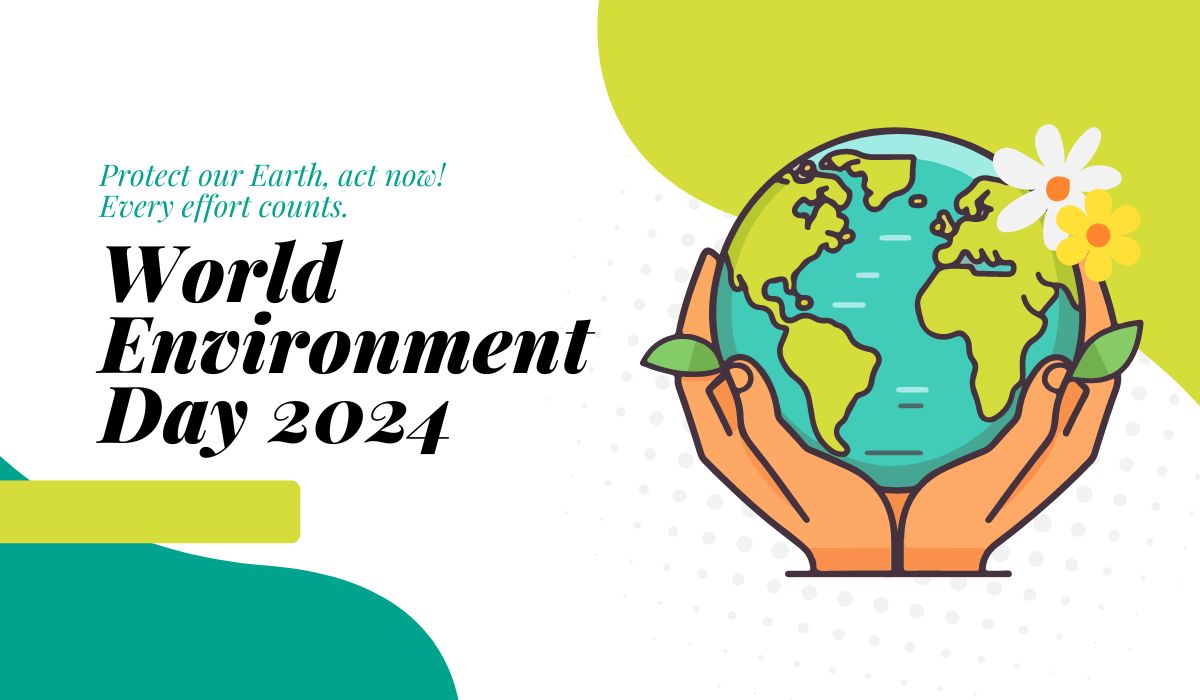
Good Info.